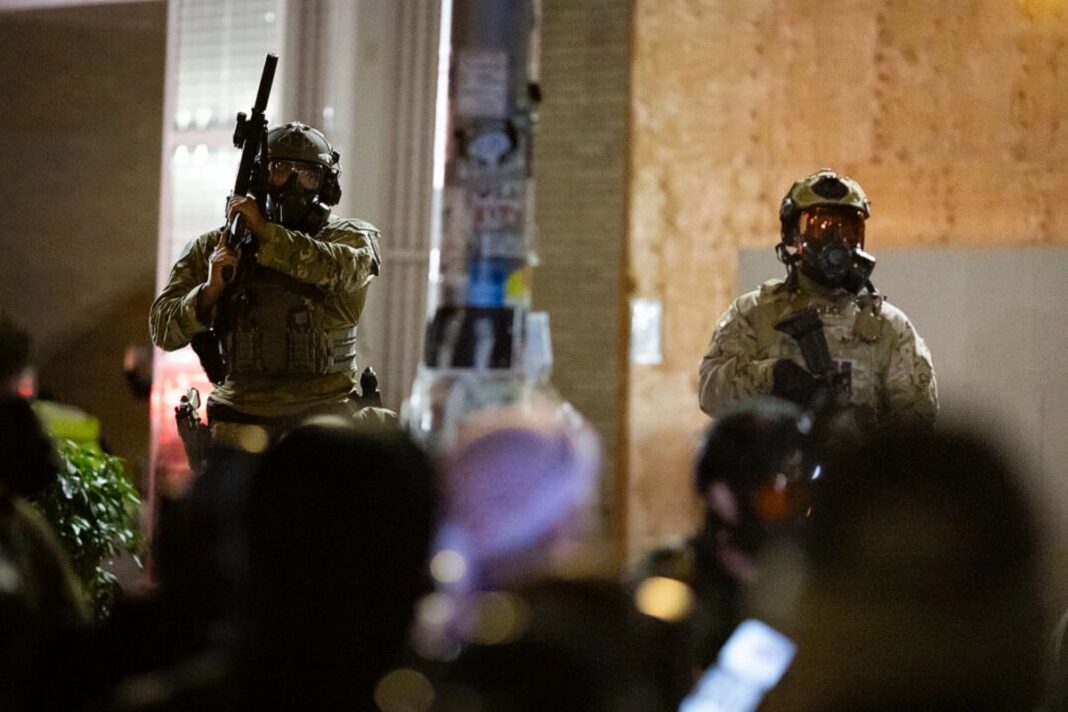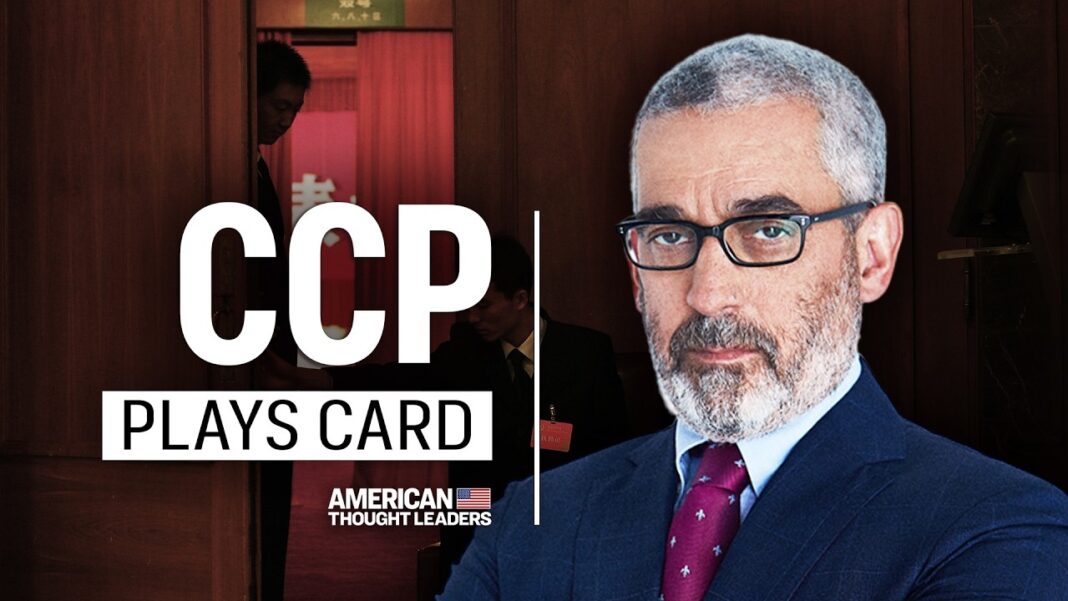Respondents to our reader poll think authorities should examine the funding and coordination behind political protests that turn violent.
Reports of organized funding, paid participation, and outside coordination in political protests in recent months have ignited debate over the limits of the First Amendment of the U.S. Constitution.
When does the legitimate exercise of free speech become civil disorder? Who is responsible for any criminal acts or property damage that may occur during a political demonstration?
We asked readers of The Epoch Times to weigh in on matters of transparency, accountability, and governmental authority in cases when the exercise of free speech becomes orchestrated violence.
Penalties for Organizers
Most respondents (80 percent) named outside funding and coordination as the primary factor in protests that turn violent. Opportunistic crime was a distant second at 12 percent. A large number of respondents commented that “all of the above” were factors in sparking violence.
The vast majority of respondents (90 percent) thought the use of paid protesters or outside involvement reduces a protest’s moral legitimacy.
Nearly all (99 percent) of respondents agreed that organizers and funders who knowingly enable political violence should be liable for restitution. Ninety-six percent believed so strongly.
Intention is required to produce liability for political violence according to the Supreme Court. In the 2024 case McKesson v. Doe, the court affirmed that negligence alone does not make a protest organizer liable for violence that may result. [Mckesson v. Doe]
Respondents also agreed that fabricated “paid to protest” recruitment posts that incite violence should be penalized. Ninety-six percent affirmed this, 89 percent strongly.
Organizers include those who fund political violence, according to respondents, as 98 percent agreed that financers of violent riots should be treated as criminal conspiracists.
Some 97 percent agreed that state or federal authorities have the power to audit funding networks that have credible ties to violent unrest, so long as safeguards for due process are observed.
The U.S. government defines domestic terrorism as “ideologically driven crimes committed by individuals in the United States that are intended to intimidate or coerce a civilian population or influence the policy or conduct of a government.”
However, domestic terrorism is not a chargeable offense because there is no federal law that prohibits it, according to the Congressional Research Service. Perpetrators of such violence can be charged with other crimes.








